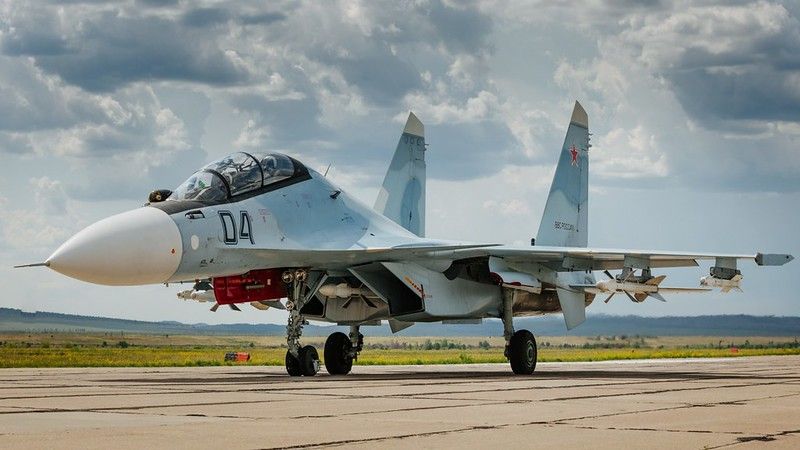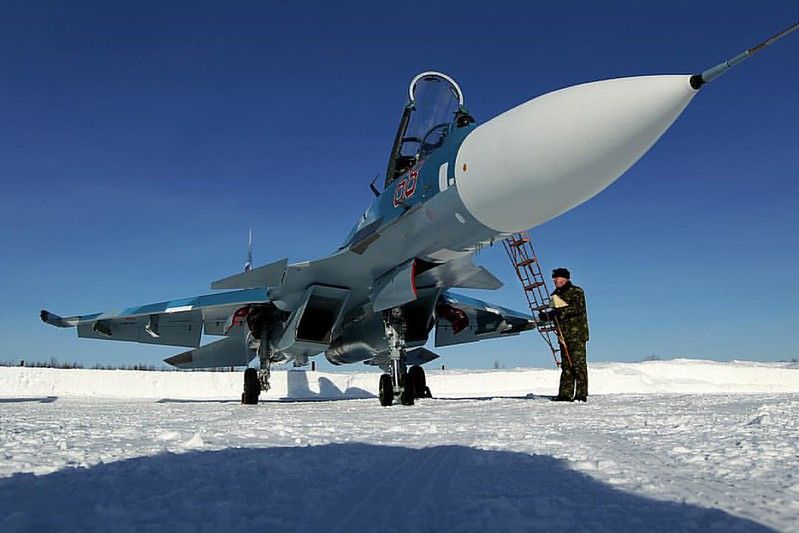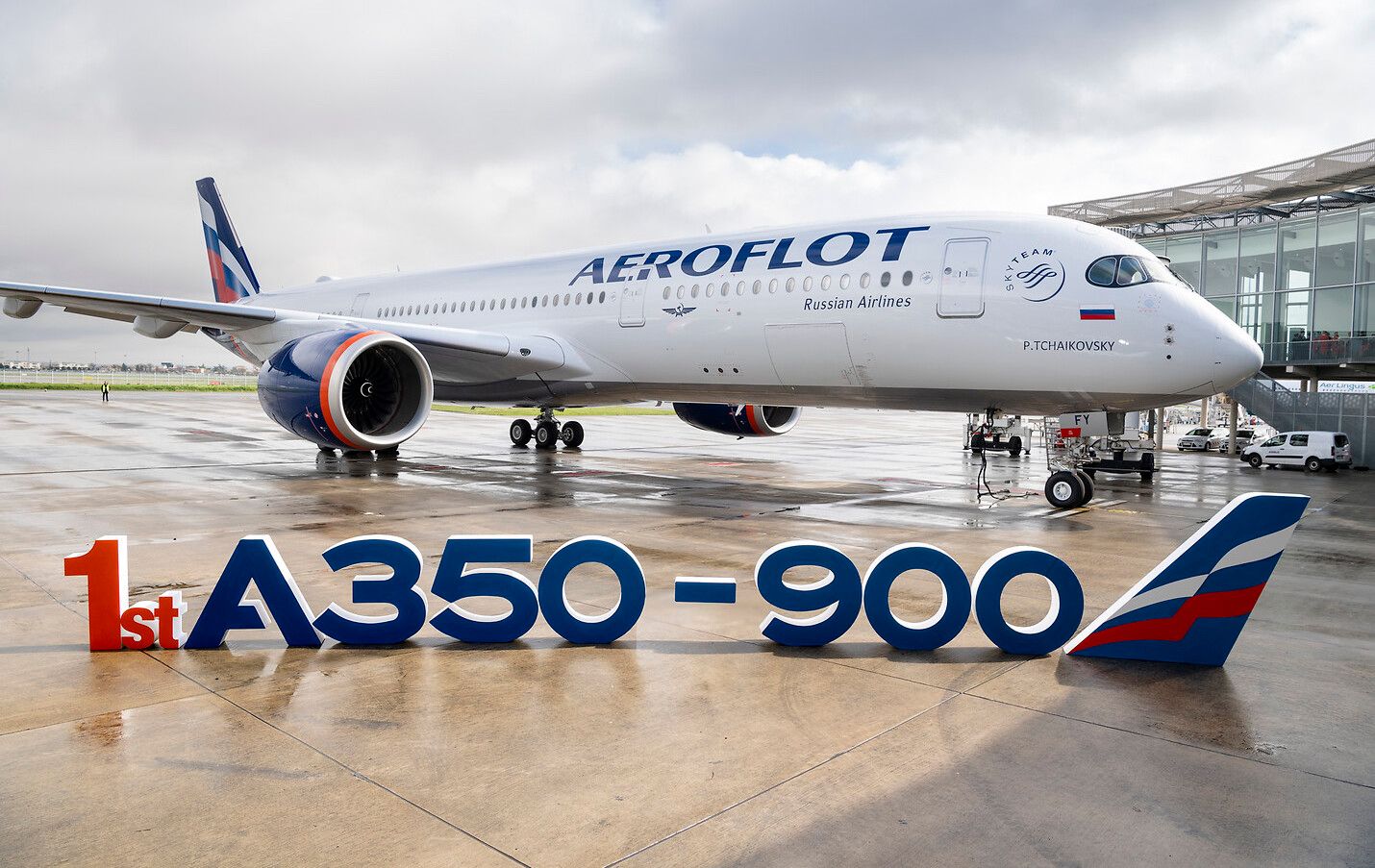Sukhoi and MiG companies have completed their long planned merger with the United Aircraft Corporation (UAC), a member of the Rostec state corporation, press service of UAC announced on Wednesday.
The merger explained
The merger was first approved by the UAC Board of Directors in November 2021, and shareholders of three companies gave their approval for the merger in January 2022.
Rostec CEO Sergey Chemezov said:
"The implemented restructuring ends an important stage in corporate transformation of UAC, which implies in particular, the transition from the three-tier to the two-tier governance system in the corporation. Sukhoi and MiG brands, strong and known worldwide, will remain in produced aircraft and reputed designer schools will continue developing".
UAC is a subsidiary of Rostec, a state-owned corporation that owns over 700 enterprises, including nearly the entirety of Russia's military-industrial complex. Founded in 2006, the corporation consolidated numerous Russian aerospace manufacturers that had been ailing since the collapse of the Soviet Union. Ilyushin, Irkut, Mikoyan, Sukhoi, Tupolev, and Yakovlev are just some of the famous brand names that fall under Rostec's umbrella.
Sukhoi and MiG had already been operating out of the same facility since March 2021. The merger comes at a time when the Russian aerospace and aviation sector is being affected by international sanctions.
Russian aviation woes
The Russian invasion of Ukraine has resulted in international sanctions that have severely impacted the Russian aviation industry. Russian airlines such as Aeroflot are now unable to fly internationally to most destinations, and some countries have banned Russian airlines from using their airspace.
In addition, plane manufacturers, including Boeing and Airbus, have halted exporting their planes to Russia and have also stopped shipping spare parts to Russian airlines. This has resulted in Russian airlines planning to start cannibalizing aircraft to keep the majority of their fleet operational.
According to ch-aviation, a leaked, unofficial report from the Russian government has surfaced, detailing their assumptions of how the Russian aviation sector will develop in the next decade. The report covers a wide variety of metrics to measure the development of Russian aviation, including passenger numbers and the number of commercial aircraft. Almost all of these metrics paint an unfortunate and negative future for the industry as Russia continues its invasion of Ukraine.
A more pessimistic view of the future entails a shortage of foreign-made aircraft, which the Russian government has pledged to solve by expanding the domestic, Russian-made commercial fleet. If sanctions continue, Russia predicts that in the worst-case scenario, over half of the commercial aircraft in Russia would have to be grounded.
In addition to cannibalism, other possible routes for finding spare parts include sourcing them from countries that are not currently sanctioned, such as through vendors in Turkey and India. According to Reuters, China has already turned down Russian airlines' requests for parts, which we can probably attribute to the fear of sanctions from the West.
What do you think of Sukhoi and MiG's merger news and its implications? Let us know in the comments below.



